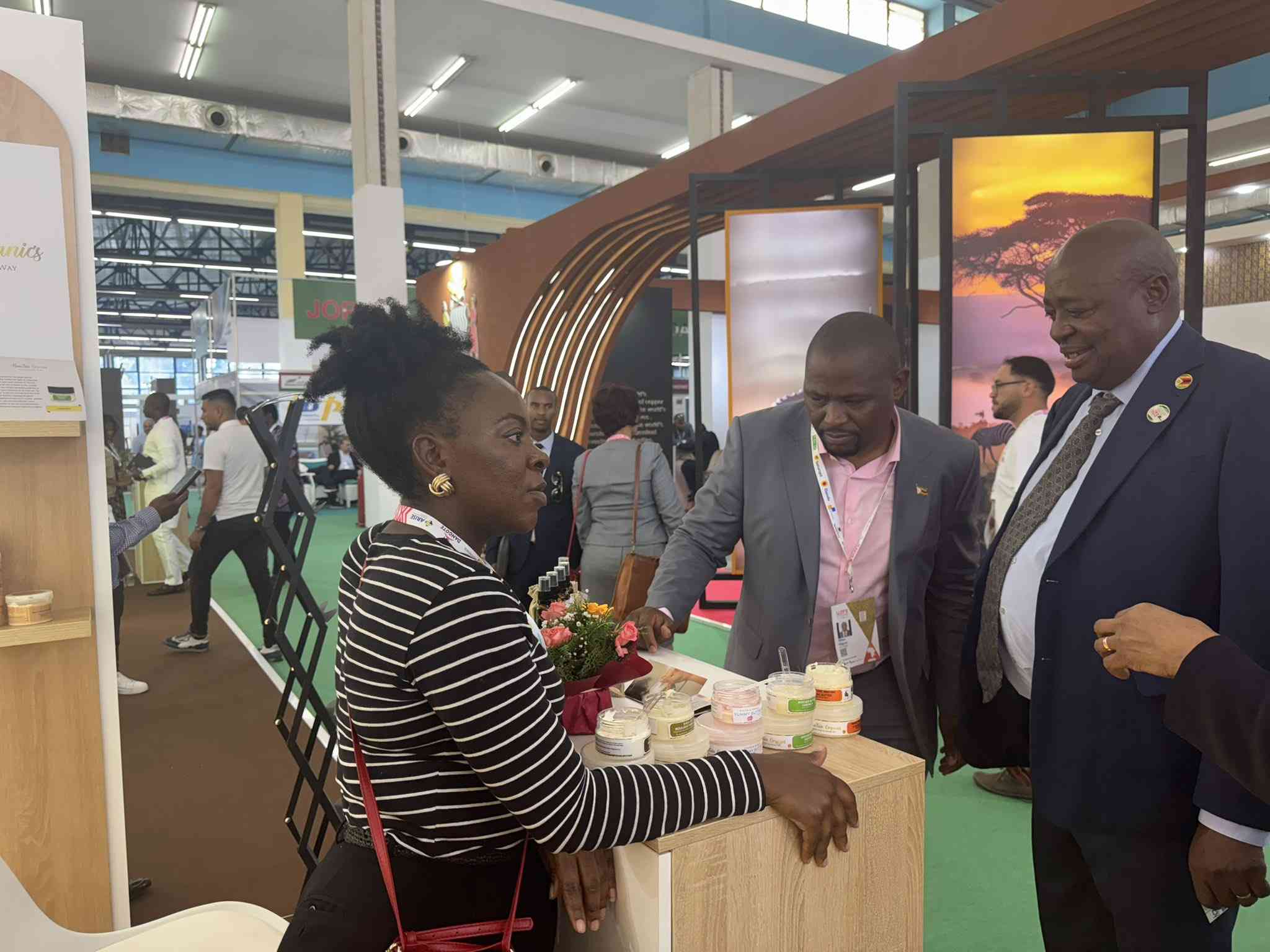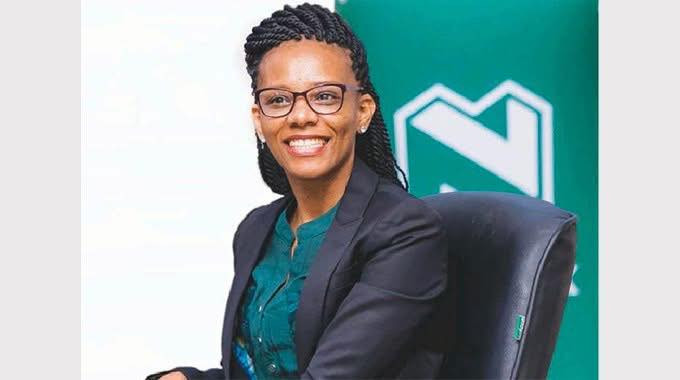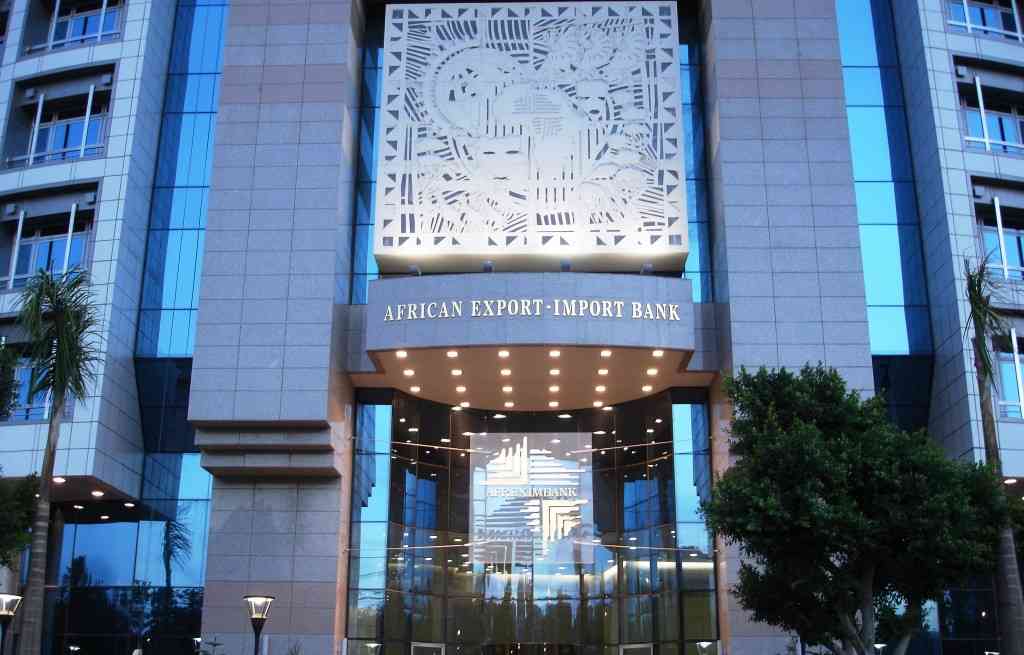
ZIMBABWEAN exporters are actively pursuing new trade and investment opportunities at the 2025 Intra-African Trade Fair (IATF2025), leveraging the event to gauge market demand and navigate the logistics of continental trade.
The event, which opened on September 4 and runs until September 10 in Algiers, Algeria, is a key platform for the African Continental Free Trade Area, with projections indicating it will generate business deals worth over US$44 billion.
A diverse delegation of Zimbabwean companies from the manufacturing, agriculture, leather, fast-moving consumer goods, services, and artisan sectors is participating, facilitated by ZimTrade and the Ministry of Foreign Affairs.
The Zimbabwe Pavilion has been a consistent hub of activity, with officials stating its goal is to project a narrative of quality, reliability, and innovation to international buyers.
The engagement will be further amplified at the dedicated Zimbabwe-Algeria Business Forum scheduled for Monday.
For exporters such as Shepherd Mafundikwa, chief executive officer of Mosi Oa Tunya Cigars, the fair provides an ideal launchpad into new markets.
“It's been an exciting event, and I think it's the right platform for us to launch our products into other markets,” Mafundikwa said.
He reported significant interest, including from a buyer from the Bahamas interested in marketing his cigars.
“It gives us an opportunity to explore the logistics that are required for us to move our products into other markets...as we participate in such events, we will be able to measure and to see where the problems lie.”
He described a bustling scene at his stand.
“It's been a busy morning. I have actually been on my feet the whole morning talking to potential customers, and some are really, really interested in the product,” he said.
For other companies, the mission is twofold: reestablishing lost connections and cultivating entirely new markets based on regional demand.
Hillary Chindodo, chief executive officer of Changamiri Coffee Company, is using the fair to understand the specific coffee preferences of North African consumers.
“This is about more than just reestablishing lost markets; it's also about connecting with new ones,” Chindodo said.
He emphasised the importance of intra-African trade for coffee farmers, noting, “we need that domestic consumption to be African domestic consumption.”
His team has already gathered crucial market intelligence through sample tastings.
“They are telling us how they like their coffee. We have already picked up that the Turkish influence is quite prevalent: they want a darker roast, with a kick—a bit on the bitter side,” he explained.
This knowledge allows Changamiri to tailor its approach, potentially supplying green beans for local roasting.
While concrete deals are still in the pipeline due to the specific requirements of the coffee trade, the interest level is high.
“We have not had anybody who hasn't given it a thumbs up,” Chindodo said, citing an immediate request for 50kg to 100 kg of coffee.
He anticipates a return trip to Algeria for more in-depth negotiations, stating, “We are likely going to have to come back and spend a good week or so here, sitting down with different players.”
The participation underscores a concerted push by Zimbabwean businesses to expand their footprint across Africa, using the trade fair to test products, build relationships, and overcome the practical challenges of exporting within the continent.











